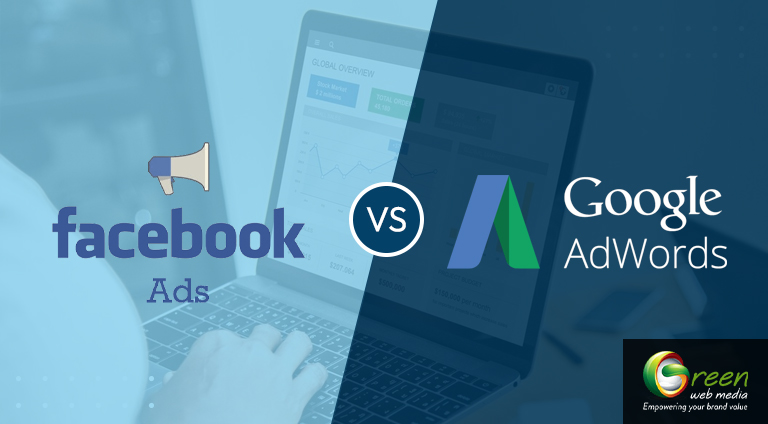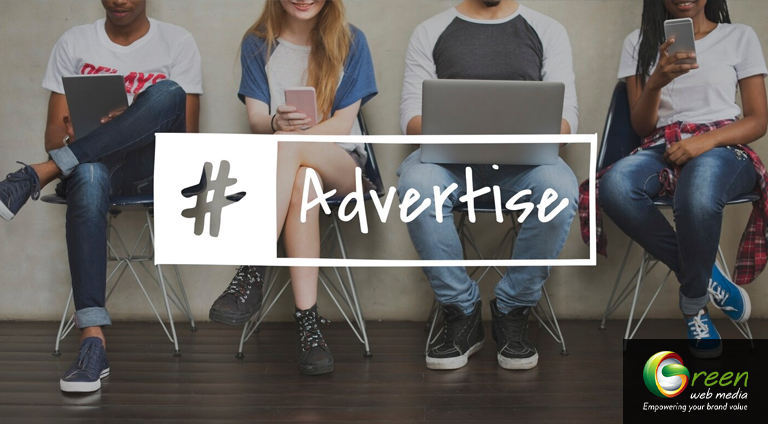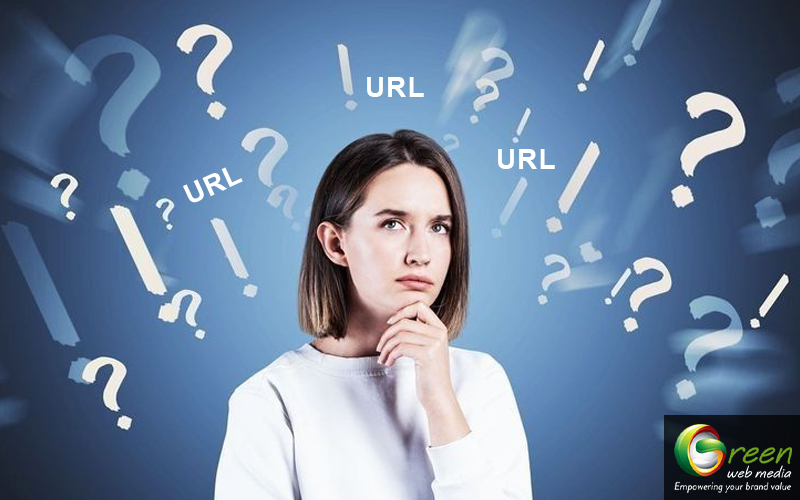Facebook Ads or Google Ads -Which is Ideal for Paid Marketing

In the era of super-low business margins, you would want to make every penny count when you invest in paid marketing. Hence, you would carefully sift through many options when looking to make an impact with paid advertising online. You need to be absolutely sure that your chosen medium will have the ability to reach your target audience and drive conversions. When you do your research, you will come across two prominent names here – Facebook Ads and Google Ads.
This post takes a look at an interesting facet of paid marketing. Here, you will come to know about the virtues of both channels. After examining their differences, we see how you can choose one over the other.

Online Advertising – Why it Matters for Digital Marketing?
If we consider the present internet domain, paid ads have become the core of high-impact tactics for online marketing. Consumers rely a lot on the Internet for information and buying decisions. Hence, businesses need to use paid advertising to thrive in the competitive landscape. This helps them be visible in the crowded digital space.
When you go for paid advertising, you can get unparalleled opportunities for targeted reach. This lets companies to connect with their ideal audience based on demographics and online behavior. This precision targeting ensures that marketing budgets are utilized efficiently. Hence, you get maximum return on investment.
Furthermore, paid advertising via Facebook Ads and Google Ads provides measurable results in real time. Unlike traditional marketing methods, digital ads offer instant analytics. This way, marketers can track performance and adjust strategies on the fly. Ultimately, you can optimize campaigns for better outcomes.
Facebook Ads and Google Ads also facilitate brand awareness and engagement at scale. You can roll out various formats, such as display ads, video content, and social media promotions. With this versatility, companies can create immersive brand experiences that resonate with their target audience.
If you observe closely, consumer attention is fragmented across multiple devices and platforms. In such a situation, online paid advertising offers the flexibility and adaptability needed to maintain a consistent brand presence. It enables businesses to stay top-of-mind and drive conversions. This USP give you an unsurpassed competitive edge.

Facebook Ads or Google Ads – Comparing the Two
You may want to use one out of Facebook Ads and Google Ads. If so, the upcoming section will give you a gist of the key differences between the two channels.
1 – Audience Reach and Intent
When comparing Facebook Ads and Google Ads, you need to understand the intricacies of audience reach and intent of these two channels. Facebook boasts an extensive user base. This allows advertisers to tap into a vast pool of potential customers. Its sophisticated targeting options enable precise audience segmentation. You can do this grouping based on parameters like demographics and behavior history. This platform excels in brand awareness and engagement campaigns.
Now we look at Google Ads. It leverages search intent, capturing users actively seeking specific products or services. This intent-driven approach often leads to higher conversion rates. This happens because advertisers can target users at various stages of the purchase funnel. Google’s display network also offers broad reach across multiple websites.
We can say that Facebook’s strength lies in its ability to create demand and foster brand loyalty. Conversely, Google Ads excels at fulfilling existing demand. The choice between the two depends on your marketing objectives and target audience. Even the nature of your products or services can be an influencing factor.
2 – Ad format and placement
When you look at these two channels, you will notice a key thing. Both of them present distinct ad formats and placements, each with unique advantages. Facebook provides a visually rich environment. This enables diverse ad formats, including:
– image ads,
– carousel ads,
– video ads, and
– stories.
These formats appear seamlessly within users’ feeds. This way, they offer native-like experiences across Facebook, Instagram, and their Audience Network.
Google Ads, on the other hand, offers text-based formats like
– search ads,
– shopping ads, and
– display ads.
Search ads appear at the top of search results, capturing high-intent users. Display ads can be placed across millions of websites within the Google Display Network, offering extensive reach.
Both platforms support remarketing. Advertisers get a chance to re-engage potential customers. Facebook excels in creating immersive brand experiences through its visual formats. However, Google’s strength lies in its ability to place ads at critical touchpoints along the customer journey – right from initial search to final conversion.
3 – Opinion and Buying Considerations
When evaluating the two types of paid marketing, you should pay attention to their impact on consumer opinion and purchase decisions. Facebook Ads excel in shaping brand perception and influencing consumer opinions through social proof. The platform’s interactive nature allows for engagement through likes, comments, and shares. This is likely to amplify your message and foster trust.
Google Ads, particularly search ads, work a bit differently. They cater to users actively seeking solutions, often closer to the point of purchase. This intent-driven approach can lead to higher conversion rates. This is especially true for bottom-of-funnel campaigns.
Both platforms offer robust retargeting capabilities. Hence, you can nurture leads across the customer journey. Facebook’s detailed targeting options enable you to reach users based on interests and behaviors. On the other hand, Google’s keyword targeting captures specific purchase intents.
Ultimately, the choice depends on your product type and sales cycle. You can also base your selection on whether your strategy focuses more on building brand affinity or capturing immediate purchase intent.
4 – Ad Rates and their RoI
The cost of placing ads and its RoI emerge as vital considerations when you want to pick between these two platforms. Facebook Ads often offer lower cost-per-click or CPC rates. This makes them attractive for businesses with limited budgets. The platform has a granular targeting option. This factor can lead to efficient spending and potentially higher ROI for awareness and engagement campaigns.
Google Ads often tend to be more expensive per click. However, it potentially delivers higher conversion rates due to their intent-driven nature. This can result in a favorable ROI. This is particularly true for businesses targeting high-value keywords or offering products with significant profit margins.
Both platforms utilize auction-based pricing models. You can ensure that the costs would fluctuate based on competition and ad quality. You need to continuously optimize campaigns to maximize RoI. Plus, you should take other concrete steps like refining targeting and improving ad relevance. These steps will help you get more from your ad budget.
Ultimately, the most cost-effective platform depends on your specific business goals and target audience.

Tips to select the most ideal paid ad platform
Let us now look at some general tips to select the correct platform for your brand.
– Define your objectives
You should first do a hard assessment on your business goals. You may focus on brand awareness or lead generation. Others may also want direct sales emanating from paid ads. You can make a selection based on the
– Understand your target audience
It is a wise decision to first assess where your ideal customers spend their time online. Plus, you need to know how they search for products or services.
– Evaluate your budget
You need to compute the cost-per-click and potential ROI of different platforms. Keep your budget in mind and then align your costs based on it.
– Assess your product or service
Another essential point to check is how your product appears better. For some niches, their offering is more visually appealing. For others, the offering looks better suited for text-based ads.
– Consider your sales cycle
Every customer has a journey. It starts when they do a search for information or products. It ends with an eventual purchase. You should match the platform to your typical customer journey length.
– Analyze competitor strategies
You need to rigorously research where your competitors are advertising successfully. This will be the center of your paid marketing efforts.
– Test multiple platforms
In my experience, you need to start with small budgets across different channels. This tactic will help you gauge performance and zero in on the ideal platform.
– Review analytics regularly
Another good tip is to use data-driven insights when checking ad performance. This will help you to refine your strategy and allocate budget effectively.
Keep in mind these tips so that you can extract maximum value from your paid marketing efforts.
Conclusion
Paid online marketing needs to be a well-thought-out decision. You cannot do without it. But in order to leverage it to the maximum, you need to be clear about which channel will derive the most benefits. This post took a look at how you can make an informed choice when you want to choose between Facebook Ads and Google Ads. Hope it helps you choose the right platform.






